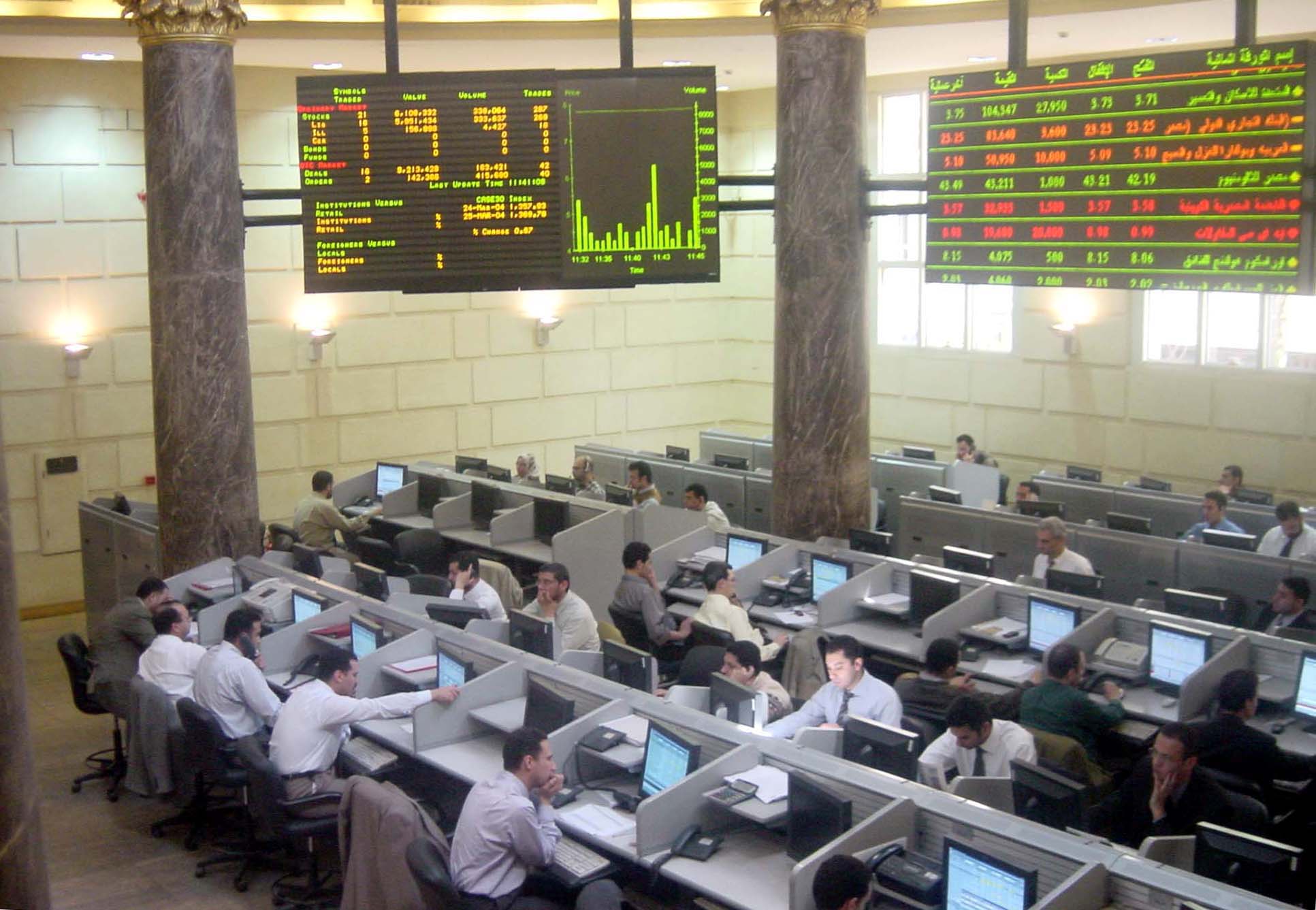Egyptian stocks rose sharply on Monday as the Egyptian Exchange (EGX) celebrated President Abdel Fattah Al-Sisi’s announcement to invest EGP 20bn through the Central Bank of Egypt (CBE) to support the market.
The EGX gained EGP 16bn early Monday, however, gains started to get erased by mid-trading as global and European stocks fell to a seven-year low.
Egypt’s blue–chip index EGX30 rose by 3.04% to 10,047 points, and the market capitalisation closed at EGP 540.8bn, gaining EGP 16.4bn with a turnover of EGP 1.08bn on 313.4m shares.
Trading was suspended for 30 minutes after the EGX100 exceeded the 5% gain mark.
Aladdin Saba, the co-founder of BPE Partners, said the CBE’s initiative to pump EGP 20bn into the EGX market must be through direct purchases and that CBE’s initiative should focus on absorbing sale shocks not pushing prices up.
Saba added that, even after the end of coronavirus pandemic, the global market condition will remain in a bad shape as the supply chains were affected, stressing that 2020 will be the worst in the history of global financial markets.
Hassan Shoukry, Managing Director of HC Securities, said the CBE’s entry into the stock market is the first of a kind in all global markets, adding that it will be directed into safe long-term investment stocks.
Pharos Holding’s Brokerage Manager Ahmed Abu Taleb said the positive impact of the CBE’s intervention will soon fade away and the market will continue its downward spiral as a natural result for the fallout of global markets.
He highlighted the need to curb margin buying, which he described as one of the main reasons deepening the downward trend taking over global financial markets.




